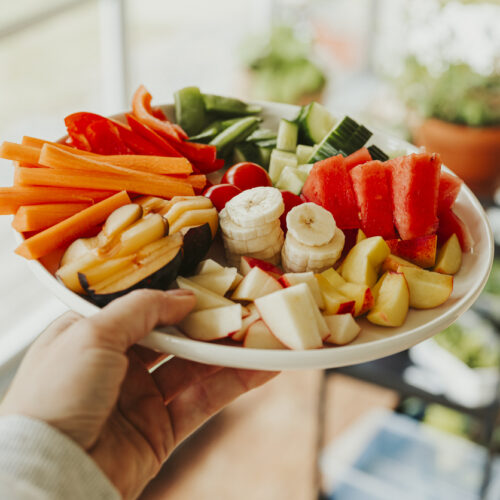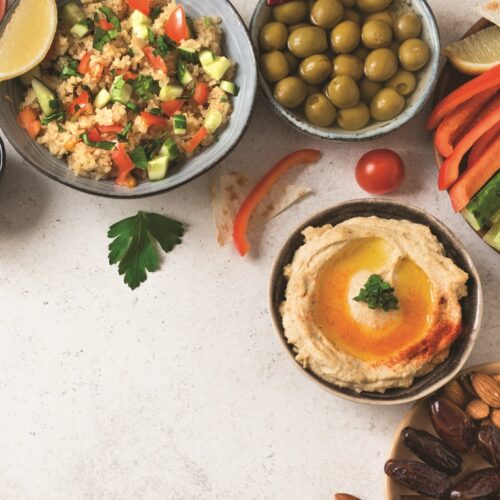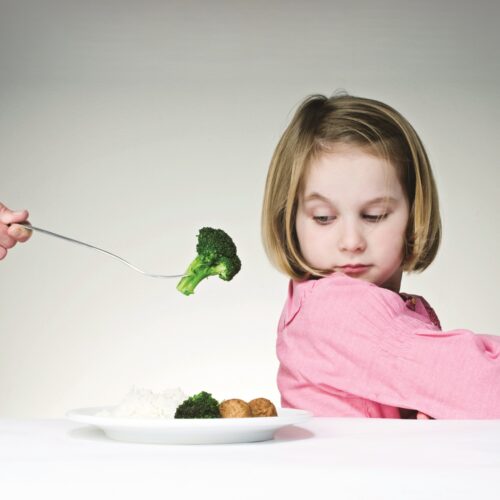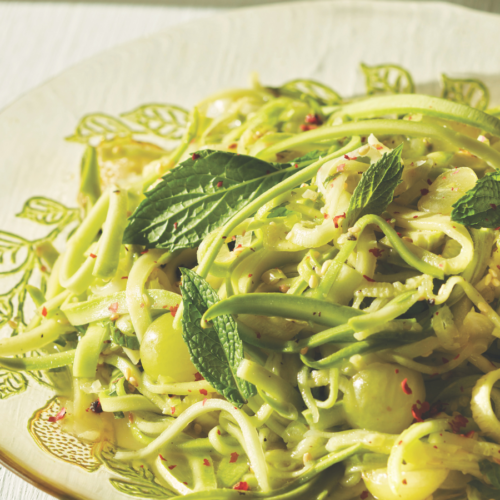
Most of us drink tea or coffee but in winter we often look for something a bit more nourishing. Senior nutritionist Rose Carr checks out the store-bought hot drink options.
What’s available?
Some products include powdered milk and sugar or another sweetener, and you just add hot water. These are mostly reasonably low in energy (kilojoules), too. Other products, such as Milo or drinking chocolate need added milk, water or a mix of both.
Add reduced-fat milk
Milk is good food and when you add a substantial amount of milk to your hot drink mix, think of the drink as a snack. Milk contains protein, riboflavin, vitamin B12 and zinc as well as lots of readily absorbable calcium. Milk also contains the natural sugar lactose which gives it some sweetness. Adding 200ml of trim milk to your hot drink mix adds around 320kJ, 8g protein, 0.2g saturated fat, 11g sugars (from lactose) and 280mg calcium. If you add half milk and half water to lower the overall kilojoules, make sure you only count that as half a dairy serve.
Saturated fat
It pays to check the nutrition information. Saturated fat may come from full-fat milk solids or it may come from palm oil. An ingredient listed as vegetable oil may be palm oil, which is high in saturated fat. Choose hot drinks with 3g or less saturated fat per serve of the powder. One gram or less is even better.
Sugar
One teaspoon of sugar is about 4g, so if a product has around 12g sugars in a serve (such as Nesquick at 11.9g) that is nearly three teaspoons of sugar. Cocoa does need sweetening to make it palatable, so hot chocolate drinks are likely to have more sugar added than coffee blends – for example, Cafe L’Affare Hot Chocolate has 9.8g sugars per serve. Choose hot drinks with 10g sugars or less per serve of the powder. Five grams or less is even better.
Sodium
We may not expect sweetened hot drinks to contain salt, and therefore sodium, but some do. Choose hot drinks with 90mg or less sodium per serve of the powder.
Energy (kilojoules)
The more sedentary among us may not want to choose a high-energy drink every day unless it is replacing another snack.
- cup of black tea or coffee – less than 15kJ
- cup of tea or coffee with reduced-fat milk – around 70kJ
- cup of tea or coffee with reduced-fat milk and one sugar – around 140kJ
- trim flat white (250ml) – around 330kJ
- trim latté (400ml) – around 450kJ
www.healthyfood.com










